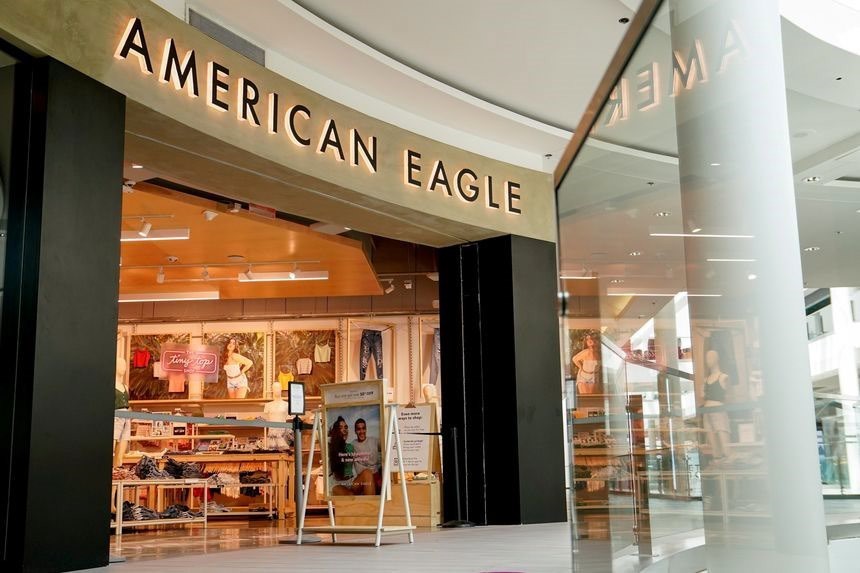By: Paul Berger | Link to article
AEO’s deal to buy Quiet Logistics follows the retailer’s purchase in May of e-commerce delivery startup AirTerra.
American Eagle Outfitters Inc. is acquiring digital fulfillment operator Quiet Logistics Inc., in a $350 million cash deal as the apparel retailer looks to take greater control of its supply chain.
The acquisition announced Tuesday is AEO’s second in the logistics arena this year and comes as retailers are struggling to get goods to stores to meet resurgent consumer demand and to adjust to the strong shift to e-commerce.
Quiet Logistics, based in Devens, Mass., has eight fulfillment centers in six cities where workers aided by robots fulfill shipping orders for digital apparel and lifestyle brands such as Mack Weldon, Outdoor Voices and Peloton.
The acquisition, which is expected to close before the end of the year, also includes Quiet Logistics’ investments in an undisclosed logistics business and a robotics company. The deal follows AEO’s purchase in May of e-commerce delivery startup AirTerra, which aggregates shippers.
Michael Rempell, AEO’s Chief Operations Officer, said Quiet Logistics and AirTerra will be run by one person, but will operate independently of each other and of the clothing retailer.
Mr. Rempell said the two firms will give AEO and the customers of Quiet Logistics and Air Terra greater scale, flexibility and efficiencies currently available to major shippers such as Amazon.com Inc. and Walmart Inc. by aggregating smaller shippers.
“We think it’s going to be a very big, very profitable and very successful business in its own right,” Mr. Rempell said.
Pittsburgh-based AEO, which sells American Eagle and Aerie brands, has used Quiet Logistics for order fulfillment during the coronavirus pandemic.
The logistics firm’s network of fulfillment centers are located in Boston, Chicago, Los Angeles, Dallas, St. Louis and Jacksonville, Fla. The sites are aimed at placing inventory for the company’s customers closer to the younger, urban consumers targeted by brands such as AEO and direct-to-consumer shippers.
The pandemic has accelerated the shift to e-commerce for many retailers. AEO’s digital sales accounted for 35% of total revenue in the second quarter of this year, up from 25% before the pandemic.
The shift to digital has allowed retailers to save costs by holding less inventory. But it also requires retailers to give priority to rapid delivery to homes, and the shipping costs can carve into the profit margins of the goods.
“Supply chain is becoming more of a consumer-facing activity,” said Shekar Natarajan, AEO’s chief supply-chain officer. “And in that world, you need to basically have consistency and control of your experience.”
General and specialty retailers on average held 48 days of inventory outstanding in the second quarter of 2021, down from 61 days in 2020, according to consulting firm The Hackett Group.
AEO last year started ordering smaller quantities of clothing from suppliers. Mr. Rempell said in the first half of this year the company reduced store inventory by 40% compared with the same period in 2019. The firm’s net revenue hit a record $1.19 billion in the second quarter of this year.
Quiet Logistics, founded in 2009, has been active in automation and created Locus Robotics, which makes robots designed to work alongside people.
These collaborative robots can guide workers to items to be picked and can transport goods across a warehouse to be packed and shipped. The robotics firm was spun off in 2015. Quiet Logistics was jointly acquired by the Related Cos. and property investor Greenfield Partners LLC for an undisclosed sum in 2019.
Gene Gorab, president and chief executive at Greenfield Partners and executive chairman of Quiet Logistics, said the logistics firm’s revenue quadrupled over the past three years and is expected to reach a forecasted $130 million to $135 million in the current financial year, which ends in March.
